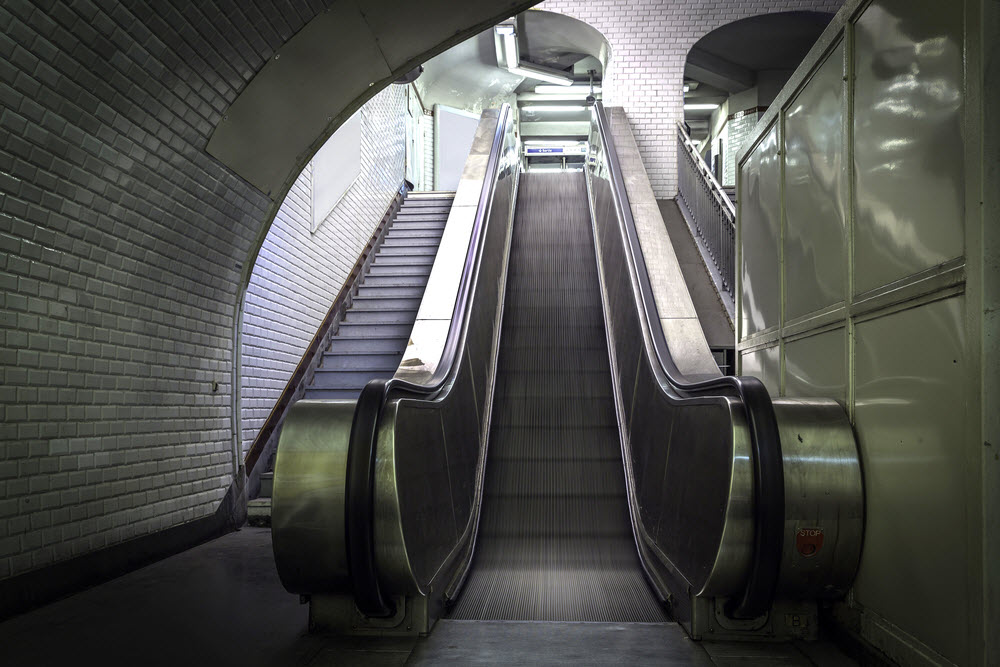Selecting the correct manufacturing supplies and workmanship is a critical phase of the planning process. With any new operation, the budgeting forecast is the baseline for the proposed work, the design and the implementation phase.
And yet all too often, the financial calculations forget to factor in the long-term operational and maintenance costs, specifically those that are based on any reductions that occur in the purchasing phase. Attempting to cut costs in the purchasing phase can be risky and have severely negative long-term implications. What does this mean? Well let’s take a look at the current debacle that is taking place in Paris, just as one example.
In the Paris Metro stations, 30 escalators that were installed less than ten years ago, feature stairs that are ten centimetres wider than those normally used on the city’s metro system. The initial perception was that these wider escalators would help to increase capacity and create a more streamlined flow of traffic. Unfortunately, what has resulted instead is regular malfunctions as the escalators are too wide for the pre-existing designated space.
These malfunctions have had a negative impact on the current budget as unforeseen repairs now need to occur far more frequently than anticipated. These repairs also result in a temporary closure of the escalators, resulting in heightened irritation and congested walkways. These repairs are currently costing approximately €10 000 per escalator every year. Therefore, it has now been decided that replacing these escalators with regular-sized ones will be a cheaper expense in the long term. Although, this replacement is expected to cost a staggering €6 million.
Not surprisingly, the Paris Metro company is seeking compensation from the manufacturing company Constructions Industrielles de la Méditerranée, arguing that the initial design inaccuracies are the cause of the malfunctions.
Even if Paris Metro is successful in their compensation claim, the stark truth remains: Had they just selected the correct equipment in the beginning, without trying to reduce expenses, all of these future expenses would have been avoided. Their profit yield would have been far greater, and unnecessary time would not have been wasted trying to rectify a problem that should never have occurred in the first place.



